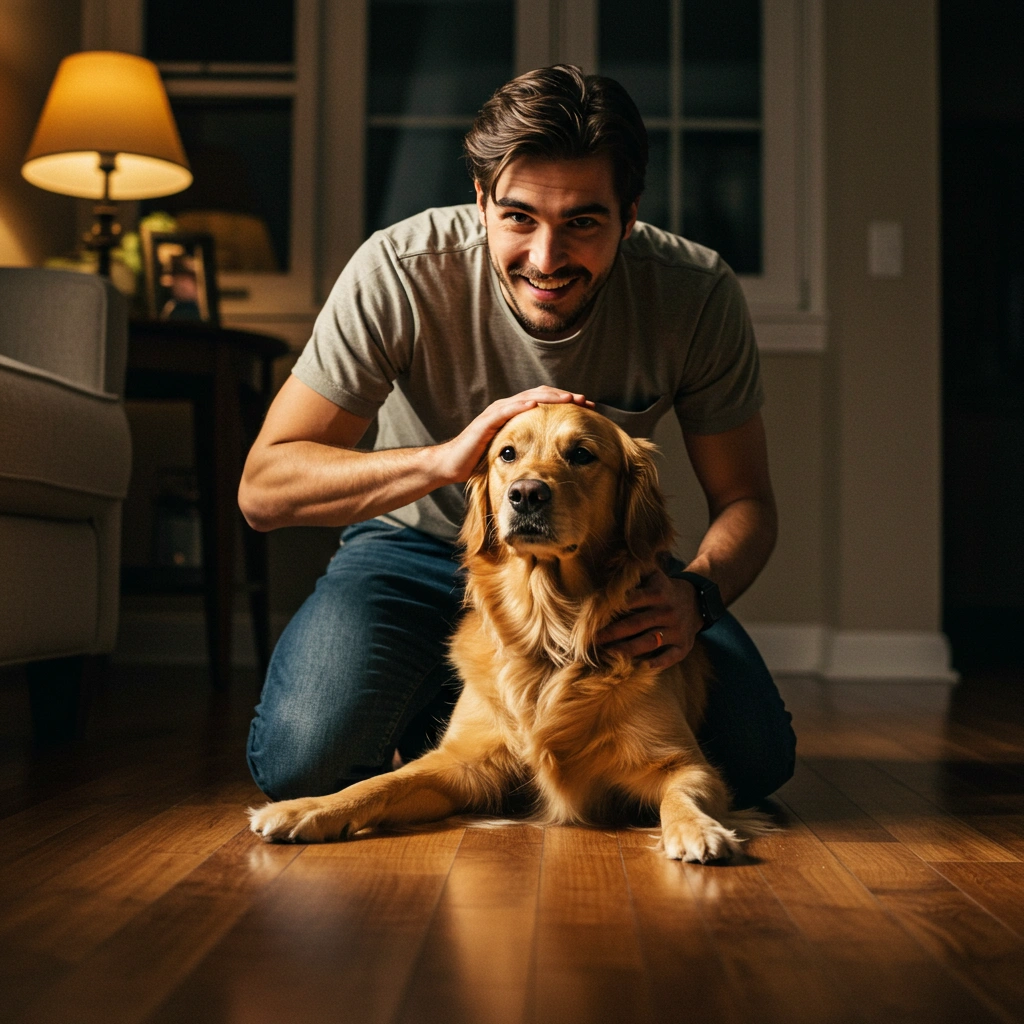My Dog Has Bad Breath. What Do I Do?
If you’re unsure of what’s causing dog has bad breath, the best course of action is to take them to the vet!
When you notice it, you’re cuddling your pup on the couch – their breath smells rank. You love your dog, but their bad breath is a real issue. What causes bad dog breath, and what can you do about it? Let’s take a deeper dive into doggy breath.
Causes of Dog Bad Breath
The most common cause of bad breath in dogs is plaque and tartar buildup on their teeth. Just like humans, regular brushing and dental cleanings are essential for good oral health. If your dog doesn’t have a normal dental routine, its plaque can turn into tartar, leading to gum disease. Gum disease not only causes bad breath, but it can also lead to other serious health issues like tooth loss and infection.
Other potential causes of bad breath in dogs include:
Diet
If your dog is eating food or treats high in sugar or carbohydrates, it can lead to plaque buildup on their teeth.
Kidney Disease
kidney disease is a severe condition that can cause many problems for your dog, including bad breath.
Liver Disease
Like kidney disease, liver disease can have many negative impacts on your dog’s health, one of which is bad breath.
Respiratory Infection
If your dog has a disease in its respiratory system, that can also cause bad breath.
Anxiety
Sometimes, when dogs are anxious or stressed, they may lick their lips excessively, which can cause bad breath.
If you’re unsure of what’s causing dog has bad breath, the best course of action is to take them to the vet so they can determine the underlying cause and provide proper treatment.
Treating Dog Bad Breath
The best way to treat lousy dog breath caused by plaque and tartar is to brush their teeth regularly with doggy toothpaste and dental wipes.
It would be best if you also took them for annual dental cleanings at the vet.
If the vet determines that your dog has gum disease, it will likely need a professional cleaning followed by a daily dental routine at home. The vet may also prescribe antibiotics to help clear up any infections.
For other medical conditions that may be causing your pup’s stinky breath, you will need to follow the vet’s treatment recommendations. This may include changing their diet or medication or returning them for follow-up appointments.
Conclusion
Bad breath in dogs is usually caused by plaque and tartar buildup on their teeth. However, other potential medical conditions could be the underlying cause. If you’re unsure of what’s causing your dog’s bad breath, the best course of action is to take them to the vet so they can determine the underlying cause and provide proper treatment. Regular brushing, annual dental cleanings, and other at-home care can help keep your pup’s breaths smelling fresh.














